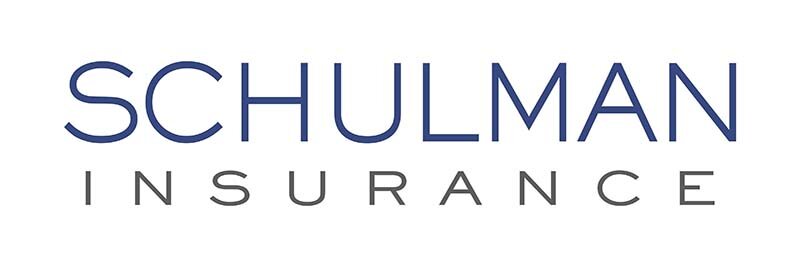State Health Coverage Reporting Requirements for Calendar Year 2022
The Internal Revenue Service (“IRS”) has permanently extended the deadline to March 2nd each year for furnishing Affordable Care Act (“ACA”) Forms 1095-C (or 1095-B) to full-time employees and other individuals to demonstrate proof of health insurance coverage for each month of the calendar year (“CY”). Form 1094-C and all Forms 1095-C for the prior CY must be furnished to the IRS by March 31st each year (unless eligible for paper filing, then by February 28).
For ACA compliance, the IRS permits insurance carriers to post information on their website how plan members may access and receive a copy of the Form 1095-B in lieu of automatically mailing (or electronically issuing) statements to plan members. Insurance carriers must still prepare Forms 1095-B and file these forms with the IRS no later than March 31, 2023, for the calendar year 2022 reporting requirements.
Currently five states (California, Massachusetts, New Jersey, Rhode Island, and Vermont) and the District of Columbia have enacted individual health insurance mandates with their own requirements for:
• furnishing information regarding health insurance coverage to residents of the state, and
• filing that information with certain state agencies.
These requirements and deadlines may (or may not) align with the federal requirements. The following chart summarizes important deadlines related to 2022 state individual mandate reporting.
Important issues to consider regarding furnishing and issuing state-level MEC information are as follows:
• State residents: Employers with employees and other covered individuals residing in states with health coverage mandates should ensure the state-level health insurance distribution and state-level filing requirements are satisfied. Penalties may arise for late or incorrect filings with the state.
• Employers with fully insured plans: Carriers issuing policies in California, Massachusetts, New Jersey, and Rhode Island are generally obligated to issue health coverage statements to plan members residing in the respective state and to file the required health coverage information to that state agency. The District of Columbia also has reporting obligations for certain employers sponsoring fully insured plans. It should be noted that a carrier may not automatically furnish a member statement and file with a state agency for plan members residing outside of the policy issue/situs state.
• Employers with fully insured plans issued out-of-state: Employers should confirm that the carrier will adhere to the required state distribution and filing obligations for plan members that reside in a state with individual mandate reporting obligations.
• Employers with self-funded plans: Employers should confirm with their third-party administrator (“TPA”) or ACA form preparation vendor that the required state distribution and filing obligations for plan members that reside in a state with an individual mandate will be satisfied and whether any additional fees will be assessed.
Employer Action
Employers with employees and/or plan members residing in a state (and/or the District of Columbia) with individual mandate reporting requirements should confirm state individual mandate reporting requirements with their carrier, TPA or ACA vendor to ensure federal as well as state-level reporting obligations will be met.

